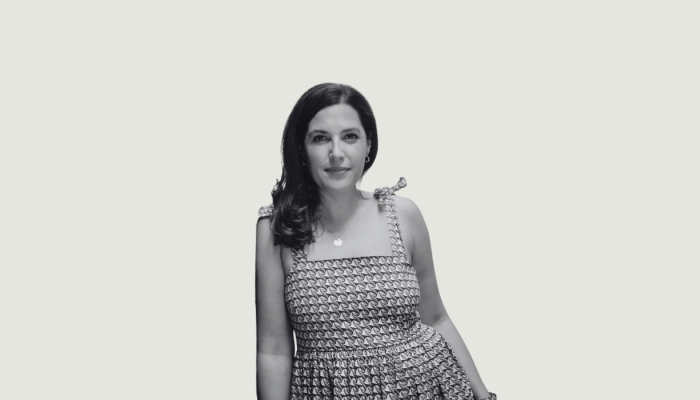In life, transformation happens for two reasons; a fight-or-flight response to something where change absolutely has to happen, or dissatisfaction with the way things are – a proactive initiative designed to improve what already exists.
B2B is currently experiencing a transformation of two parts: A reaction to the wider-global context, but equally, new attention and investment from inside and outside the industry. Whether you work for a B2B brand or not, perhaps it’s time to start paying attention because there’s a strong chance the work that’s going to start being recognised as the best has some little (or big) B2B brand behind it.
In 2013, Netflix CEO Reed Hastings released an eleven-page memo to employees and investors outlining his commitment to transform the business from just distributing content digitally to become a leading producer of original content that could win Emmys and Oscars.
Quoting the memo, Reed said: “We don’t and can’t compete on breadth with Comcast, Sky, Amazon, Apple, Microsoft, Sony, or Google. For us to be hugely successful we have to be a focused passion brand. Starbucks, not 7-Eleven. Southwest, not United. HBO, not Dish.”
This mission paid off with revenue tripling and profits multiplying 32-fold. Today Netflix is worth an estimated $25B and dominates the OTT content market. Impressive for a company that didn’t exist 24 years ago. Even more impressive that the spectators didn’t acknowledge Netflix’s meteoric rise sooner - like Blockbuster.
What’s this got to do with B2B? Let me explain…
When people ask me about B2B marketing, the simple explanation I use is; “doing marketing for some of the biggest companies in the world nobody has ever heard of”. Most people get it. Because up until recently it’s relatively true - most B2B brands are unknown by the majority. There are of course the exceptions – a handful of B2B brands that have invested years of time and millions of dollars on advertising – like Cisco, IBM, Microsoft, but when it comes to B2B brand salience, awareness is relatively thin.
Before the pandemic, B2B was still seen as the thing that mostly happened behind the scenes. The lack of investment in brand by the majority of B2B businesses, and the bulk of B2B advertising that can only be described as vanilla, featuring words like ‘revolutionise’ and ‘optimise’ and other words that end in ‘ise’, it’s easy to understand people’s people’s indifference to most B2B businesses.
The pandemic changed this. In fact, in the context of B2B, it’s changed a lot more than people think – the rapid transformation of how many B2B businesses run has been nothing short of phenomenal. From the operational end of B2B through to product marketing – while it’s been a transformation forced by circumstances it’s one that has firmly placed the spotlight on the industry.
While today’s focus on B2B comes as little surprise to those in the industry, it’s the sudden and significant interest in B2B from those outside the industry that is really elevating B2B’s prominence.
Part of the reason for this renewed interest can be placed on the fusion of work and home life, with many B2B business employees currently based at home and many businesses choosing to retain a partial or fully remote working model moving forward. Some are even choosing to abolish the office altogether.
And so with the changing dynamics of work life and home life, comes the opportunity for businesses to reassess what they do and how they do it.
This has also meant many consumer brands reconsidering the role and importance of B2B and how they leverage this moment in time to diversify, optimise and grow. Because today, it’s not just how people are working that’s changed, it’s how people are choosing to live, experience and buy, that’s changed, too.
It’s influencing the media landscape too, with television and other video distribution channels increasingly being used in B2B, with many office workers now based at home - all with individual IP addresses, televisions on in the background, and podcasts providing the soundtrack to their days.
Recognising the change, brands you’d never think of as having a B2B arm are refocusing and investing significantly in their B2B operations:
“We’ve created a key piece of research for Spotify and other ad industry players to better understand what matters most to B2B marketers as their business needs shift and the complexity of the marketplace evolves” – Jorrit DeVries, Global Category Development Officer, Tech & Telco Vertical, Spotify. - B2B comes of age as marketers find new opportunities | WARC
So next time you see a piece of work touted as the best example in brand or creative strategy, or someone winning the Grand Prix at Cannes, pay attention because it may well be one of those B2B brands you’ve never heard of.



